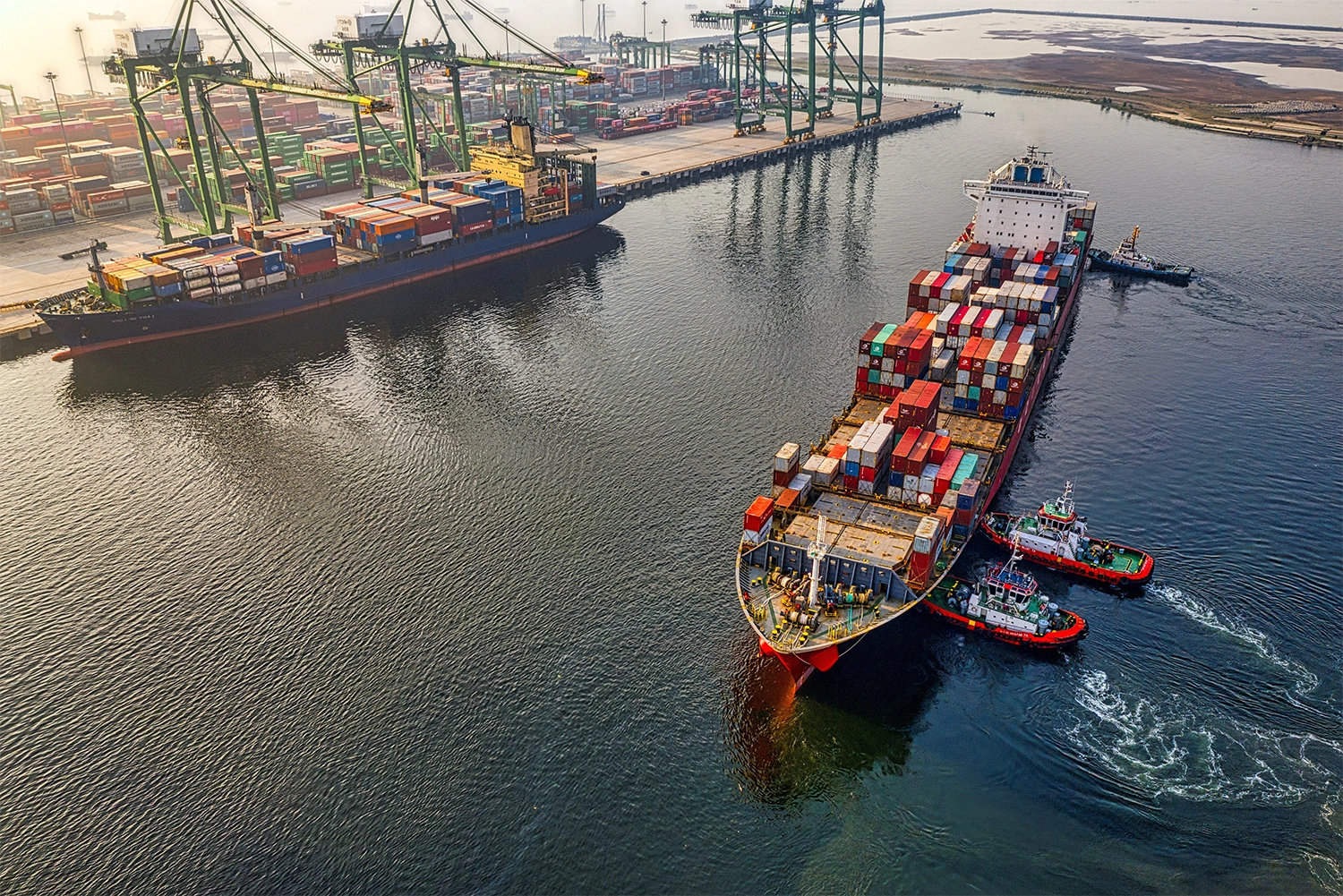A little known regulation from the EU is forcing global emissions reporting. Known as CBAM (Carbon Border Adjustment Mechanism), the regulation requires importers in six sectors to report their emissions per product brought into the EU. Importers with high carbon intensity will pay a tariff. Ricardo – a global consulting firm – has prepared a nice writeup. And the EU also provides a good summary.
The purpose of CBAM is to level the playing field for EU companies. If EU companies face a cap on emissions per product, the importers now face the same cap and must buy their way out of any difference by paying the tariff
This week Politico reported that a trio of Republican senators will be introducing a bill in the US Congress to apply a similar import tax for the U.S. Note that most US importers into the EU will face a CBAM tariff, as the EU emission standards are much tighter than those in the US.
So by creating a US import standard, the senators hope to protect US companies from even looser standards in China, the Philippines and India. Ironically, if companies in these countries want to import into the EU, they’ll soon be meeting even tighter standards than the US seems ready to impose, and won’t have to pay anything to import into the US!
As the Politico article notes, Democrats and Republicans have different views on how the import tax should be implemented, but there is broad bipartisan support to protect US companies. Yes, the word bipartisan was just used 🙂
Yet another reason why emissions reporting is here to stay.
Ready to calculate your emissions for CBAM or the US version? Contact GLYNT!

